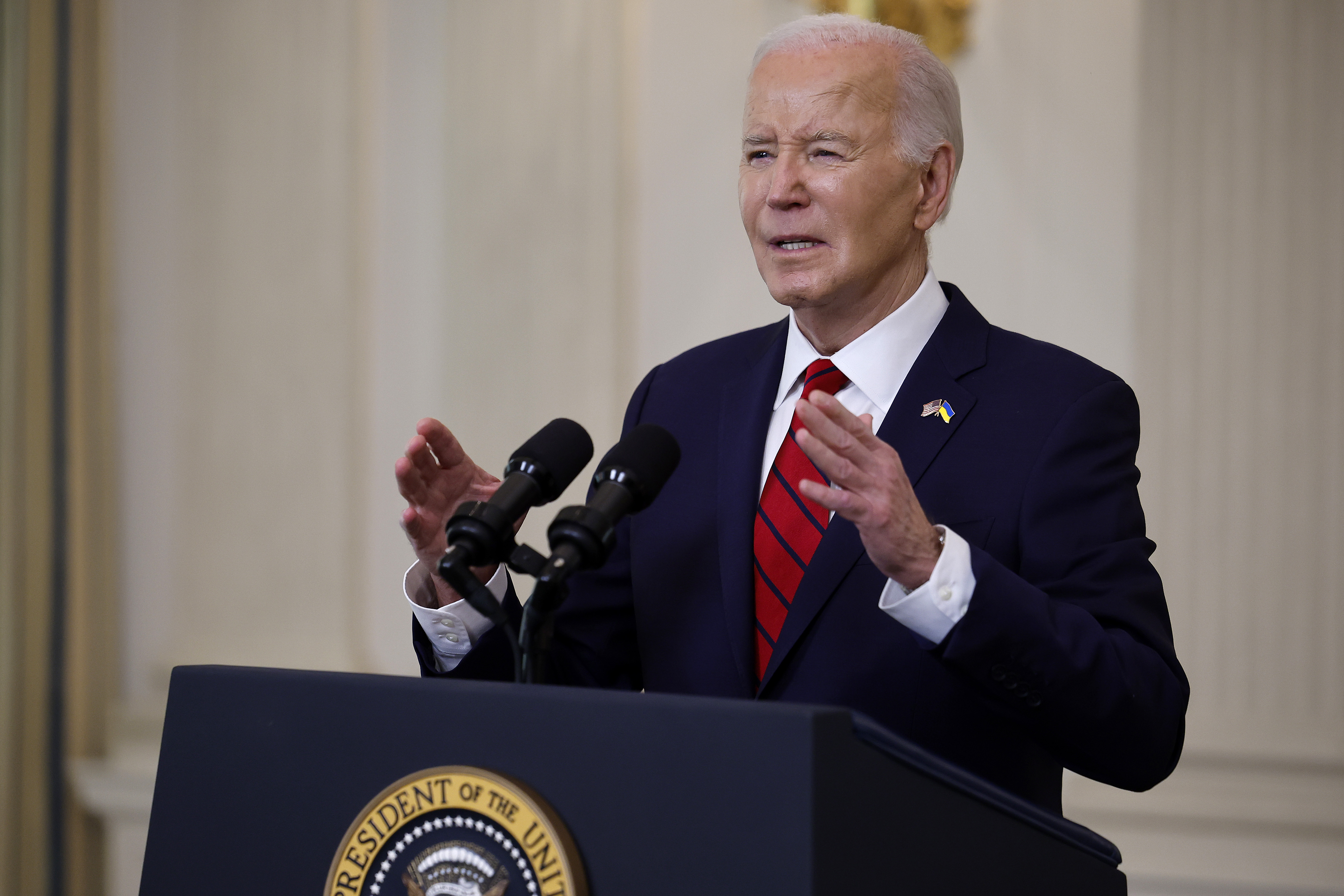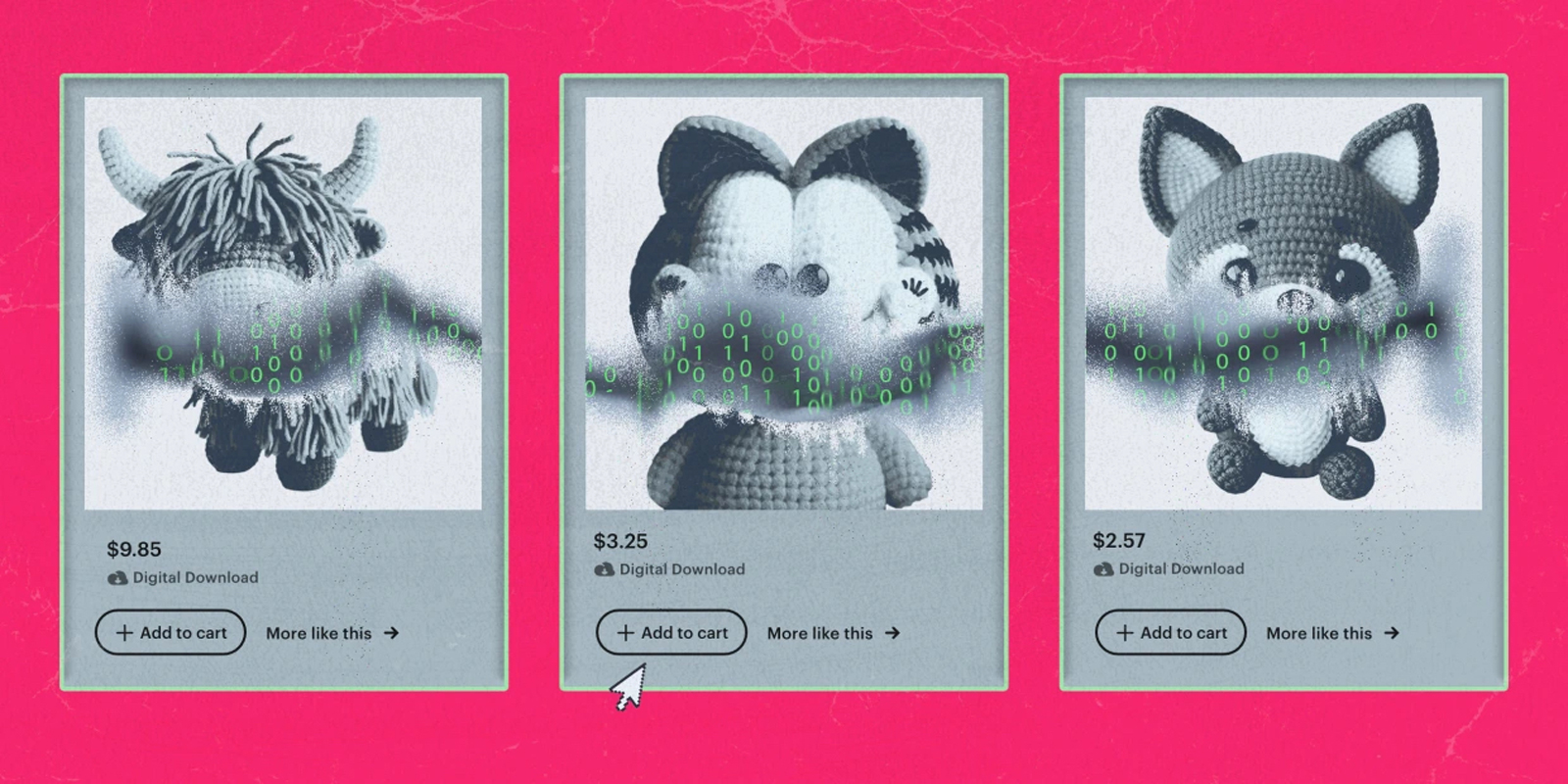"The Carmichael Show," the standout new sitcom with the old-school "All in the Family" vibe, thrives on exposing and probing splits at a time when partisanship is the new national pastime. But comedian Jerrod Carmichael, in keeping with his 1970s predecessor, Norman Lear, knows that — like charity — dissension begins at home.
"The Carmichael Show," which sees the U.S. through the prism of a far-from-monolithic black, blue-collar family from North Carolina, ends its 2016 run Sunday by tackling a red-hot (and orange-haired) topic: Donald Trump.
It's a logical choice for a show that's largely succeeded, even on a sitcom schedule, in transporting headlines to the living room – everything from racial profiling to gun control to prison reform. But "Carmichael" is far from a kitchen sink drama, thanks to the smart humor and occasional warmth that flow via one of the most relatable American working-class sitcom families since the Conners of "Roseanne."
On the surface, the characters seem like familiar types, who pair off into couples: Joe, the blunt-talking truck driver, and his shrill and devout wife, Cynthia. Their dopey, but well-meaning son, Bobby, and his earthy estranged wife, Nekeisha. Jerrod’s well-to-do biracial girlfriend, Maxine, who’s getting a new kind of education from the Carmichaels, and Jerrod himself, part smart aleck, part family provocateur.
The main players find their beliefs constantly challenged: Liberal Maxine welcomes Jerrod’s childhood buddy from prison – until discovering good reason to be wary of him. Pious Maxine rails against the evils of pornography – until an old family secret is revealed. Joe declares his love for the Second Amendment – until he learns the hard way about the dangers of having a gun in the house.
The NBC series’ strongest episode centered on Jerrod’s refusal to give up tickets to a Bill Cosby performance, sparking a family schism with his argument for separating the comedian’s act from numerous accusations of off-stage sexual assaults. In the end, Jerrod leaves partway through the show, unable to accept his own logic.
Sunday’s season finale uses the battling Carmichaels to explore the polarizing presumptive GOP presidential nominee. Like Trump, the Carmichaels are an unpredictable bunch.
U.S. & World
The day's top national and international news.
In its short run, fans have come to count on “The Carmichael Show” for funny, savvy and unflinching takes on the issues of the day. The show might not change minds, but it offers insight into why some people think the way they do, filtered through perhaps the most complicated social unit of them all: the American family.
Jere Hester is Director of News Products and Projects at the City University of New York Graduate School of Journalism. He is also the author of "Raising a Beatle Baby: How John, Paul, George and Ringo Helped us Come Together as a Family." Follow him on Twitter.



